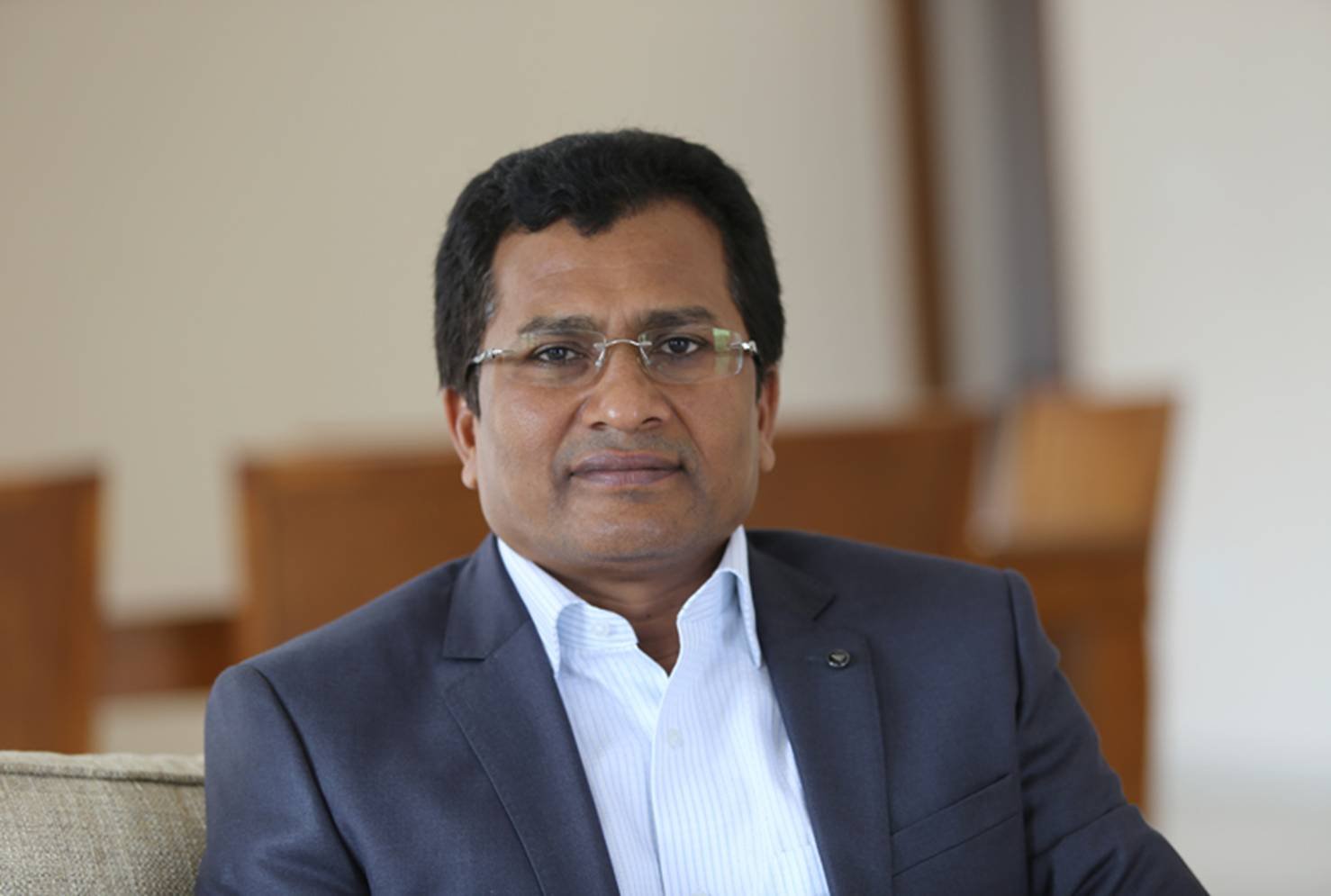
At the 20th CII India–Africa Business Conclave, Shri Sevala Naik Mude, Additional Secretary (C&WA), Ministry of External Affairs, underscored the pivotal role of India–Africa collaboration in shaping a sustainable future through the harnessing of critical minerals. Speaking at a session on Harnessing Critical Minerals for a Sustainable Future, he highlighted how the partnership between the two regions has matured over the past two decades, creating opportunities that go far beyond trade.
“Over the years, India–Africa relations have achieved several milestones,” Mude observed. “Our trade, which stood at about 30–35 billion dollars in 2010–11, has now crossed the 100-billion-dollar mark—a remarkable achievement that reflects the efforts and enterprise of business communities on both sides.”
He further pointed out that India is today the fifth-largest investor in Africa, with investments exceeding $ 80 billion. These, he said, are not limited to mining alone but extend into manufacturing, value addition, and services. “Indian businesses have gone beyond exploration to establish industries that generate local employment and contribute to sustainable growth,” he noted, citing Nigeria, Mozambique, Morocco, Tunisia, and South Africa as key investment destinations.
Recognising Africa’s rich reserves of critical minerals essential for the global clean energy transition, Shri Mude emphasised that these resources “belong first and foremost to Africa.” India’s approach, he stressed, is collaborative rather than extractive. “Harnessing Africa’s critical minerals must directly benefit Africa—by creating value locally, building industries, generating employment, and strengthening socioeconomic development across the continent.”
Shri Mude outlined that the real opportunity lies in joint exploration, joint production, and value addition within Africa itself. “Simply extracting and exporting minerals is not enough—it does not guarantee long-term growth or sustainable development. What we must pursue together is a model of partnership where Africa’s mineral wealth is transformed into industrial strength, ensuring inclusive prosperity,” he said.
India has already taken concrete steps to support this vision, extending preferential access for African exports—processed and unprocessed—through the Duty-Free Tariff Preference Scheme. But beyond trade, Shri Mude called for a greater focus on joint ventures, local processing facilities, and manufacturing partnerships that can generate greater long-term value.
A crucial pillar of this partnership, he underlined, is human capital development. “Investment alone is not sufficient; we must also invest in human capital,” he stated. India, he said, has consistently shared expertise with Africa through training, capacity building, and technical cooperation. “Mining is one of the sectors where skill development is essential. India is committed to expanding its training modules, enhancing knowledge transfer, and sharing technology to ensure that Africa’s youth are equipped to lead this transformation.”
Concluding his remarks, Shri Mude called for India and Africa to move forward together with a shared vision. “By sharing best practices, aligning policies, building industries, and developing skills, we can harness Africa’s critical minerals not just for economic gains, but for building a sustainable and inclusive future.”
Leave a Reply